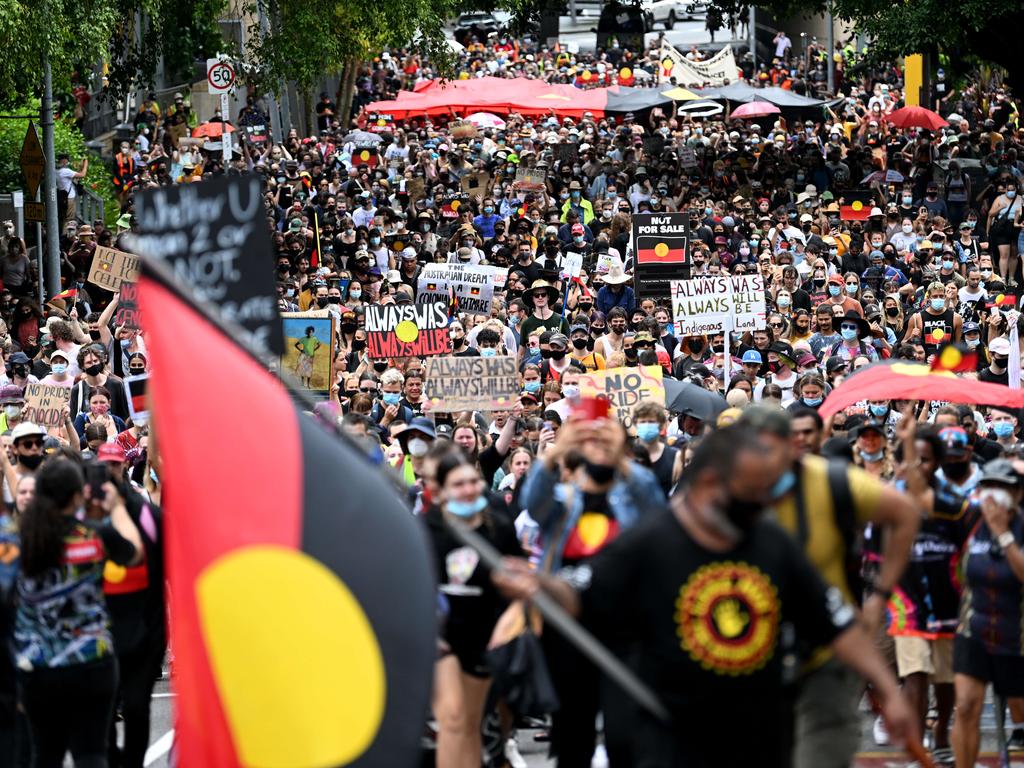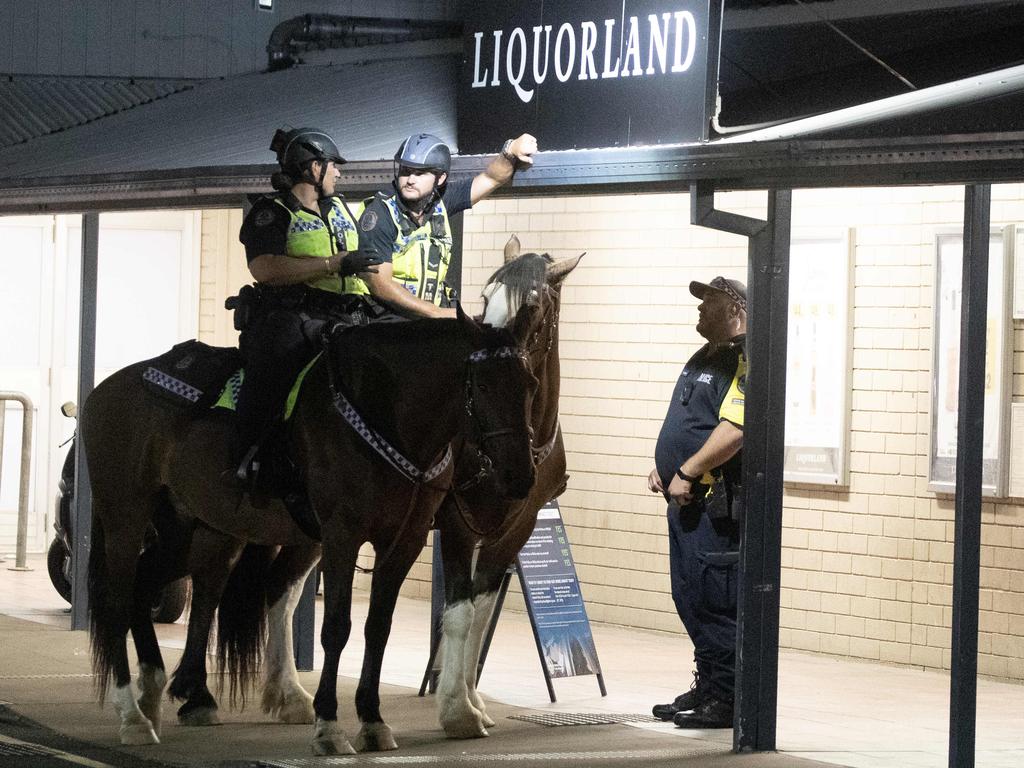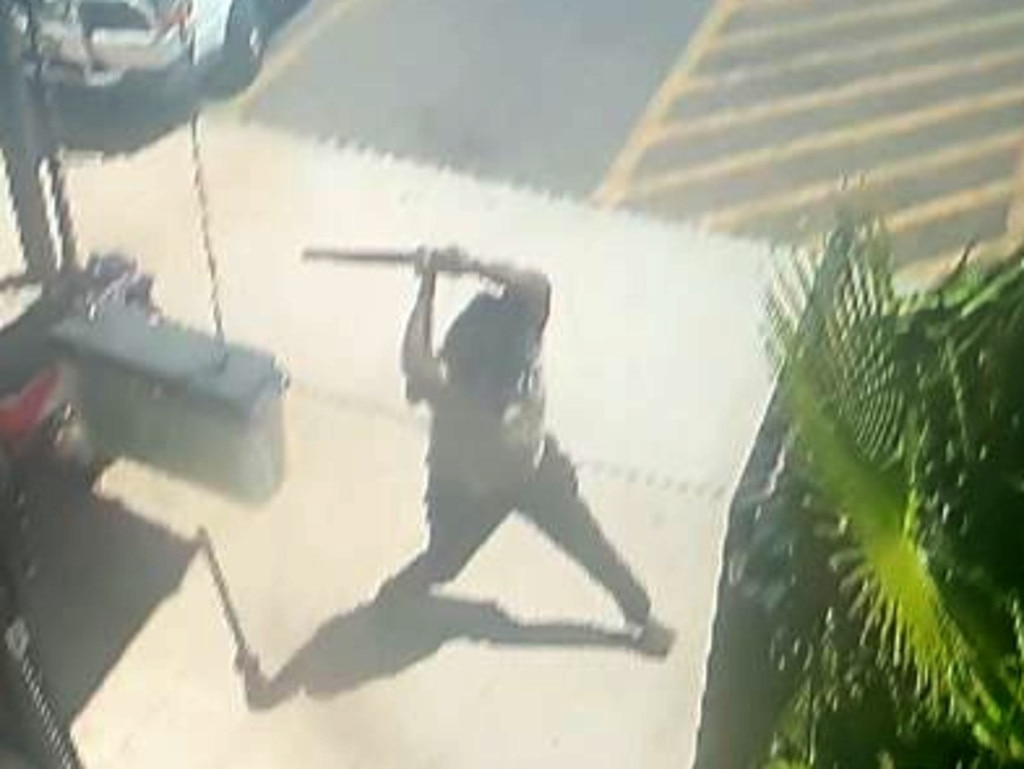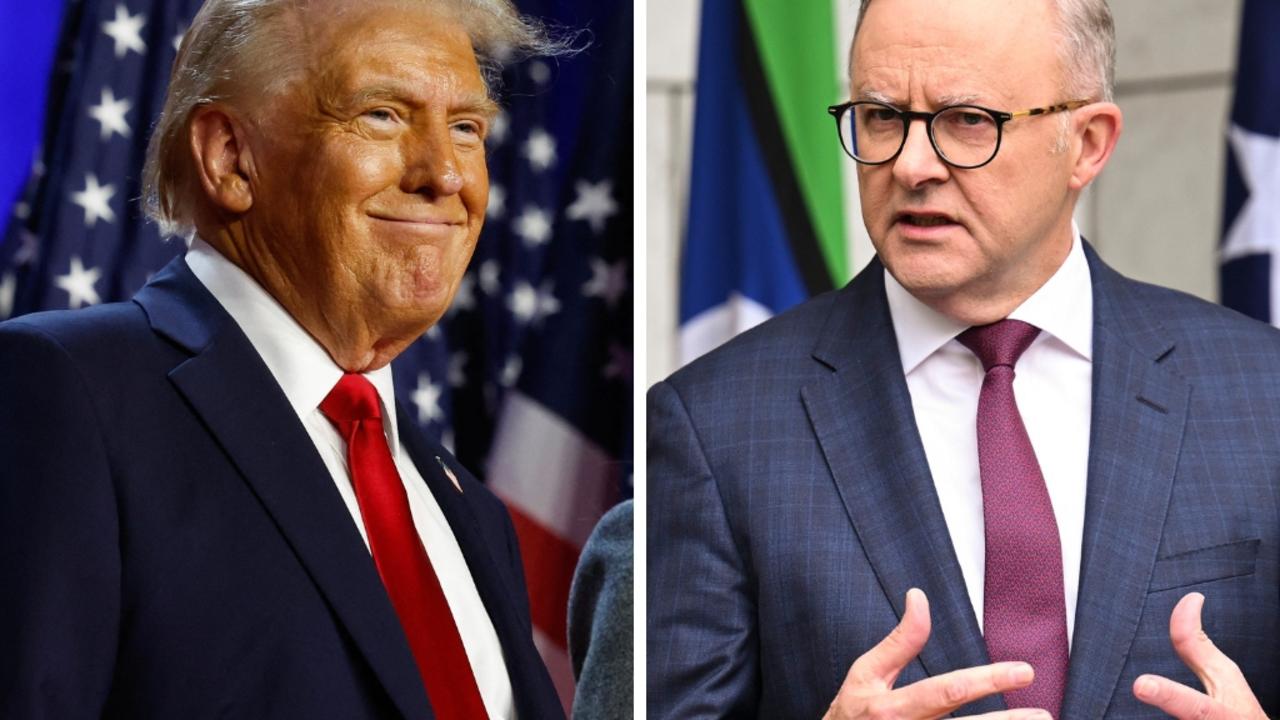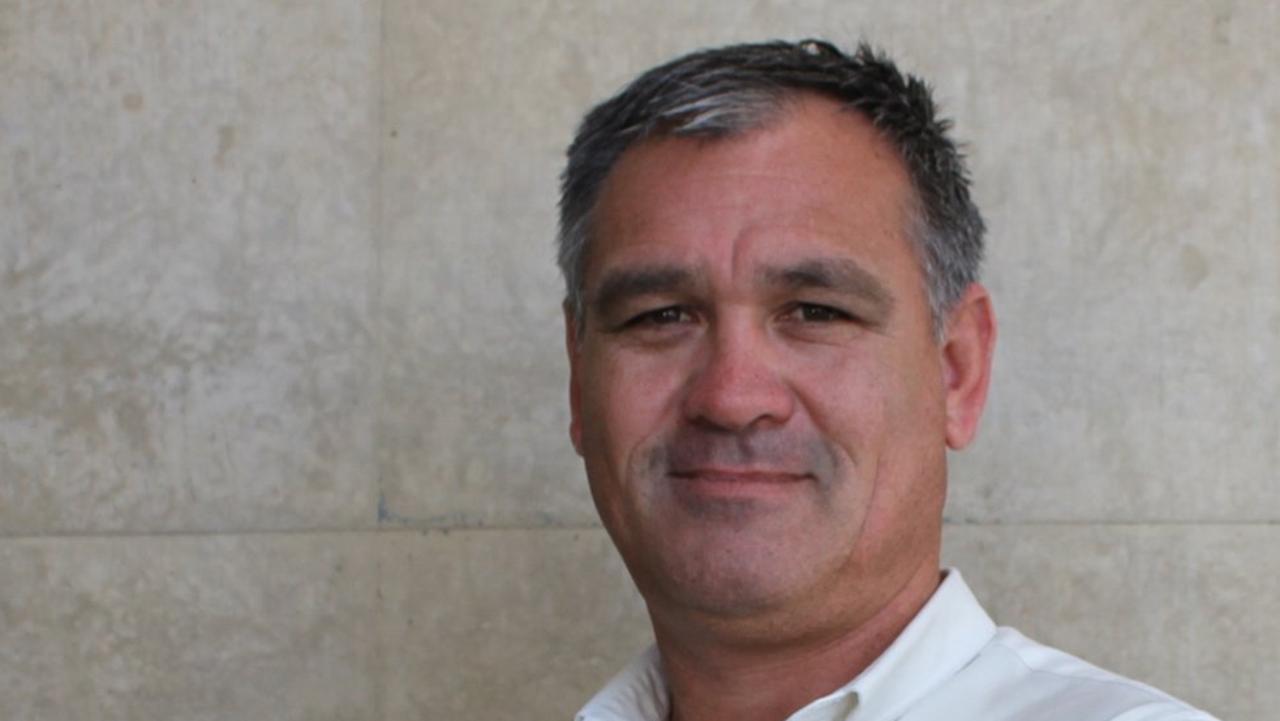Urgent cry from the heart amid impasse
The Northern Territory’s Chief Minister says she will not back any ‘race-based’ policies in the Alice despite calls from Aboriginal MPs to introduce alcohol bans to slow its crime wave.
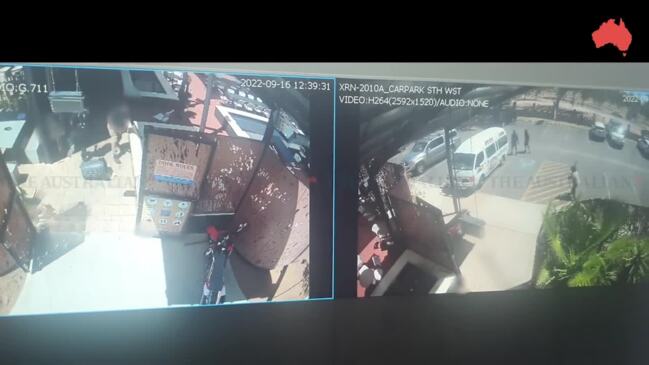
The Northern Territory’s Labor Chief Minister says she will not back any “race-based” intervention in besieged Alice Springs, despite the town’s two Aboriginal MPs demanding alcohol bans to curb out-of-control violence and calling the crisis a bigger priority than the voice referendum.
After weeks of rising crime and children wandering the town’s streets at night, the Albanese government stood firm on its refusal to intervene and Chief Minister Natasha Fyles is understood to be visiting the town on Tuesday only to consult with locals.
The crime wave in Alice Springs was threatening on Monday to derail the national campaign for a voice to parliament, with two federal MPs making heartfelt pleas for action and a pause in the constitutional debate.
Labor MP for Lingiari Marion Scrymgour broke from her party on Monday to say discussion of the voice referendum in her seat, which has the nation's largest Indigenous population, was challenging for people who were frustrated and felt unsafe in their beds.
“Absolutely (I support the voice) … but I think that we can't have these conversations if there are all these issues that are impacting on communities like Alice Springs,” Ms Scrymgour said on 3AW. “How do we get Aboriginal people but also communities to have faith and to vote in this referendum if they don’t believe government’s listening to them?”
Later, Ms Scrymgour said the national discussion on the voice should continue, but it was not currently a focus in her region.
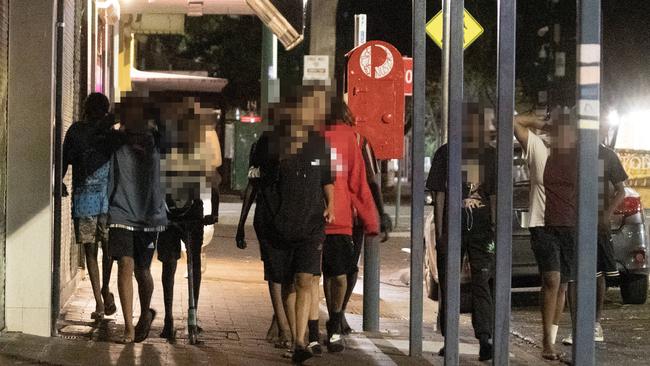
Country Liberal senator Jacinta Price – an Alice Springs local – said a voice to parliament wouldn't “change anything on the ground”, and will this year seek to introduce a bill to reinstate a federal alcohol ban. “The point is that the constitutional voice is not a priority for those who have an immediate crisis,” she told The Australian.
Anthony Albanese rejected an offer to visit Alice Springs on Tuesday with Peter Dutton, who said on Monday “there would be outrage” if a similar crisis were occurring in one of Australia’s capital cities.
Alice Springs’ crime rate has soared in recent months, with more than a 40 per cent increase in assaults over the past year and more than 300 arrests in the past seven weeks alone. Sources close to the Chief Minister said Ms Fyles would not be making any concrete announcements on her Tuesday visit, but would speak to town leaders and investigate the situation.
Ms Fyles said she would never back a wider “race-based” intervention with the kind of alcohol bans that lapsed in the NT last year after being in place for more than a decade. “The federal intervention was tried in 2007 – it did not work then and it will not work now,” Ms Fyles told The Australian.
“It targeted and disempowered Aboriginal Territorians and entrenched disadvantage, rather than improve it.
“Peter Dutton was part of the Coalition government which chose not to extend the race-based Stronger Futures legislation and chose to let the restrictions lapse.”
The Stronger Futures legislation was put in place by Labor in 2012 to replace the “national emergency response act” legislated by the Howard government in 2007 to address alcohol-related harm.
Under the Stronger Futures laws, part of a broader 10-year package to improve the lives of people in the NT, the commonwealth enforced alcohol restrictions that included penalties for the sale and possession of alcohol.
The Opposition Leader said on Monday such laws were needed, which was in line with “the advice from the women and the grandparents I’ve met with on the ground”. “If the level of violence, of crime, of sexual assault and domestic and family violence was occurring in Brisbane or in Melbourne or in Hobart, there would be outrage,” Mr Dutton said. “It was clear to me when we went up to Alice Springs, that this issue was beyond the resources of the Northern Territory government.”
One of the architects of the voice, Tom Calma, said constitutional recognition and addressing the crisis in Alice Springs could “run together”.
“There will always be natural disasters and other issues around that are going to take our attention but we should stay committed to the voice,” Professor Calma said. “We shouldn’t take our foot off the pedal in advancing the discussions about the voice.”
Professor Calma compared the situation in Alice Springs to that of Bourke, NSW, which in 2013 was considered one of the most dangerous places in the country but has since reduced its crime rate significantly. “A bipartisan approach to addressing the issues in Alice Springs is something we should call for,” he said.
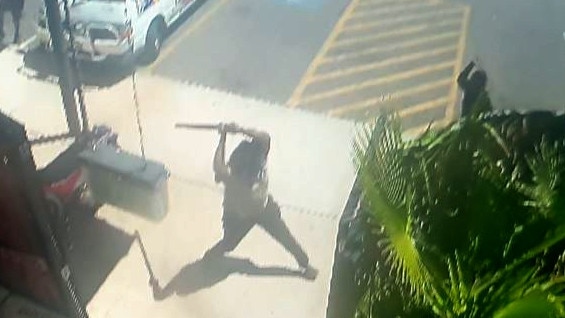
Wunan Foundation executive chair Ian Trust said the situation in communities such as Alice Springs showed why the voice was needed. “I see the voice as being part of the solution to this … there’s no reason why you can’t do both,” he said. “If the voice is set up in the right way, it can give priority for places like Alice Springs and do something about it, along with Kununurra and Broome and Derby and so on.”
The Prime Minister said the voice was “the means” to making a practical difference in the lives of Indigenous people across the country. “We have tried a lot of things, people in Canberra or the state capitals deciding what was best for Aboriginal and Torres Strait Islander people, how about we actually give them voice?” Mr Albanese said on Seven’s Sunrise.
The comments follow Alice Springs mayor Matt Paterson meeting Ms Scrymgour, Attorney-General Mark Dreyfus and Minister for Indigenous Australians Linda Burney last week to ask for immediate commonwealth intervention in the crisis and the deployment of federal police into the town.
Mr Dreyfus continued to stare down such pleas and referred back to his comments last week that stressed policing was strictly a Northern Territory matter.
Greens First Nations spokeswoman Lidia Thorpe, who has previously been critical of the voice, said the situation in Alice Springs was “a humanitarian crisis” and called for the recommendations of the Royal Commission into Aboriginal Deaths in custody to be adopted to improve justice outcomes.
“Implementing the recommendations will save people’s lives before any referendum,” Senator Thorpe said.
The Greens will formally decide on their position on the voice early next month at a party room meeting where the Blak Greens, who oppose a voice coming before truth and treaty processes, will also be present.
While stressing he was not against a voice to parliament, Mr Paterson said he “endorsed” Ms Scrymgour’s comments that addressing the immediate crisis in Alice Springs needed to take priority. “We really need to have a conversation with the kids in Alice Springs about if it's safer being on the streets than it is being at home – that’s a key piece we need to get to,” Mr Paterson said.


